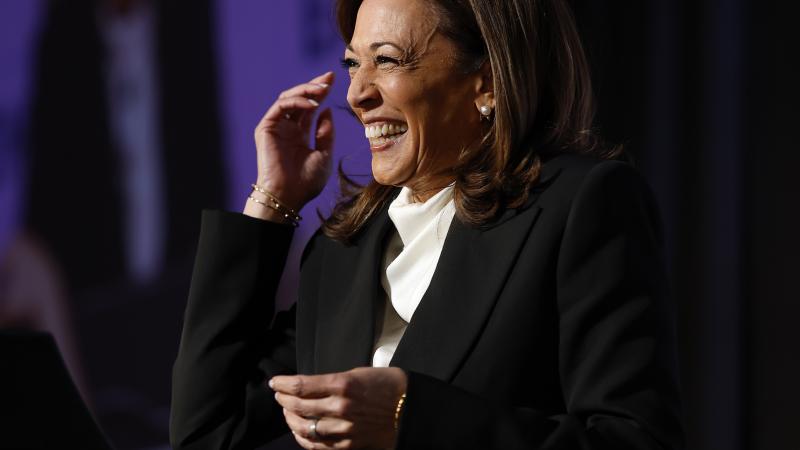Study suggests Pfizer's Paxlovid is more effective than its mRNA vaccine
Stark differences in ER visits, hospitalizations and deaths between vaccinated patients, with average age under 60, who took the antiviral pill and those who didn't.
When the FDA directed Pfizer to test a second course of Paxlovid to treat "rebound" infections following a first course of its COVID-19 antiviral, the agency was following the lead of National Institute of Allergy and Infectious Diseases Director Dr. Anthony Fauci.
The White House COVID adviser, who will retire at year's end with an estimated pension larger than the presidential salary, had taken a second course after his own rebound in June, ignoring the FDA's indirect rebuke of Pfizer CEO Albert Bourla for recommending a second course.
But a new study in the Oxford University Press journal Clinical Infectious Diseases suggests Paxlovid, the combination of nirmatrelvir and ritonavir, may be more effective by itself than Pfizer's own COVID vaccine for those groups at highest risk.
Paxlovid reduces serious disease in "high-risk non-hospitalized unvaccinated patients," but it's not clear what it does for their vaccinated counterparts, cardiovascular researchers at Lahey Hospital and Medical Center in Massachusetts wrote.
They studied 2,260 vaccinated adult patients, with an average age of 57 and equally split between Paxlovid and non-Paxlovid cohorts, who subsequently developed COVID between December and April during the Omicron variant wave, which Bourla said had all but neutralized Pfizer's vaccine.
In the cohort that received Paxlovid within five days of diagnosis, 89 had all-cause ER visits, hospitalization or death within 30 days, compared to 163 in the non-Paxlovid cohort, for a 45% relative risk reduction. The first cohort also had a "significant reduction in multisystem symptom burden and subsequent complications," the researchers wrote.
"It is possible that clinical data, including receipt of vaccines or clinical outcomes, could have occurred in some patients outside of participating healthcare organizations in this research network," the paper concludes. "If so, such patients may have been misclassified. However, this limitation presumably would apply to both the treated and untreated groups."
The stark differences between these "equally sized and carefully matched" cohorts surprised former New York Times journalist Alex Berenson, who is planning to sue the Biden administration for its successful pressure on Twitter to deplatform him for COVID heterodoxy.
No one in the Paxlovid cohort died, and 10 were hospitalized, contrasted with 10 deaths — a mortality rate approaching 1% — and 23 hospitalizations in the control group, Berenson noted while acknowledging the non-randomized study couldn't show Paxlovid was the difference.
"Their average age was only 57," Berenson wrote of the control group. "They received advanced medical care. They were not healthy but by the standards of American middle age not particularly unhealthy either," with about 20% each obese or diabetic.
Even without an unvaccinated group in the study, "a 1 percent death rate in this [non-Paxlovid] group of people is hardly impressive evidence that the vaccines work to prevent severe disease and death," he said.
The accumulating global evidence suggests mRNA vaccines are not responsible for the plunge in COVID deaths this year, according to Berenson, citing faster declining deaths in countries without mRNA vaccines and higher death rates in mRNA-vaccine countries with initially low infection rates, particularly Australia and New Zealand.
Pfizer didn't answer a request from Just the News to review the study.
The Facts Inside Our Reporter's Notebook
Links
- FDA directed Pfizer to test a second course of Paxlovid
- estimated pension larger than the presidential salary
- FDA's indirect rebuke of Pfizer CEO Albert Bourla
- Clinical Infectious Diseases
- Bourla said had all but neutralized Pfizer's vaccine
- successful pressure on Twitter to deplatform him
- Berenson wrote















